
Question to the EC: The issue of expanded polystyrene used by the fishing industry
See Francisco Guerreiro’s question to the European Commission and the written answer on the issue of expanded polystyrene used by the fishing industry.
Subject: The issue of expanded polystyrene used by the fishing industry
A major source of marine plastics is expanded polystyrene (also known as styrofoam) used by the fishing industry.
Scientists suggest that foamed polystyrene pollution in the ocean could cause serious harm to marine life and human health. Its chemical components (e.g. styrene) have indeed been linked to serious diseases, including cancer.
Moreover, these containers made of polystyrene, especially the expanded type, are too light and too big to be recycled cost-effectively.
I welcome Directive (EU) 2019/904, which aims ‘to prevent and reduce the impact of certain plastic products on the environment, in particular the aquatic environment’. I ask therefore:
1. Given that this Directive promotes circular approaches that give priority to sustainable and non-toxic re-usable products rather than to single-use products, why are these plastics, in particular polystyrene containers and buoys, not mentioned in its Annex?
2. When will the removal of styrofoam in fisheries be addressed in order to protect the environment from microplastics?
3. Will the Commission encourage, through grants or financial instruments from its different programmes, the development and use of alternative materials that can be used by the fishing industry, and promote their recycling, in line with the new Circular Economy Action Plan?
Answer in writing
In 2019, the EU adopted the Single-Use Plastics Directive (SUPD)(1) to significantly reduce the amount of marine litter from single-use plastic products and fishing gear containing plastic in the EU by 2030.
While the Commission recognises the contribution of fish boxes and buoys made from expanded polystyrene (EPS) to marine litter, the SUPD focuses its market restrictions of products made from EPS on some of the top 10 single-use plastic products found most on Europe's beaches, namely food and beverage containers and cups for beverages. By mid-2027, the Commission will evaluate the need for possible new measures, including a review of the annex listing single-use plastic products.
The Commission manages and supports regional initiatives against marine litter and for plastic waste recycling, technically and financially(2). Cohesion policy (including Interreg) plays an important role, for example, in the 2014-2020 period the European Regional Development Fund supported the transnational Blue Circular Economy project transforming discarded fishing gear and marine plastic waste into recycled products. The focus on circular economy investments will continue in the 2021-2027 period. The Commission also provides opportunities for projects on recycling of EPS fish boxes, through the European Maritime and Fisheries Fund or the EU LIFE programme(3).
As to alternative materials e.g. bio-based and/or biodegradable plastics, the Commission intends to issue a policy framework on the use of such materials (end 2021), and re-evaluate the SUP Directive in 2027.
(1) Directive (EU) 2019/904 — https://eur-lex.europa.eu/eli/dir/2019/904(2) See for example https://www.oceanwise-project.eu/ or https://www.helcom.fi/wp-content/uploads/2019/10/Survey-of-polystyrene-foam-EPS-and-XPS-in-the-Baltic-Sea.pdf(3) See for example the LIFE EPS SURE project looking at technical, environmental and economical solutions for the collection, treatment and conversion of EPS fish boxes.
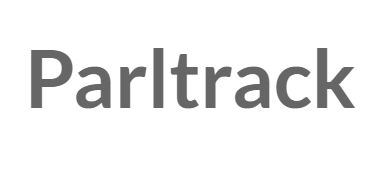
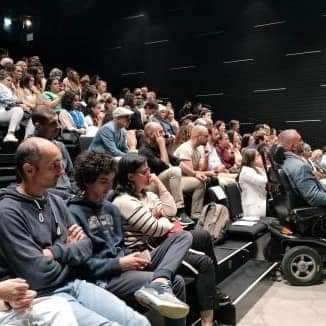
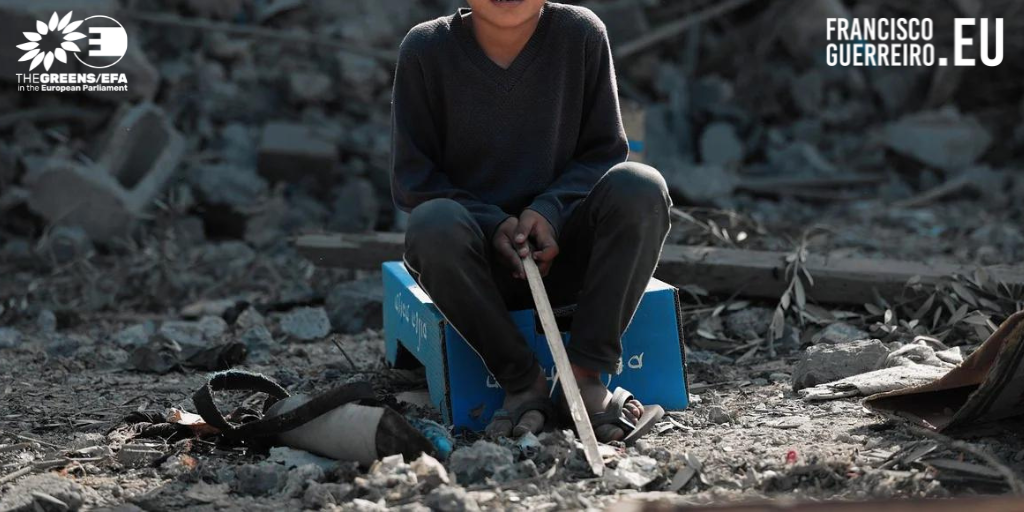
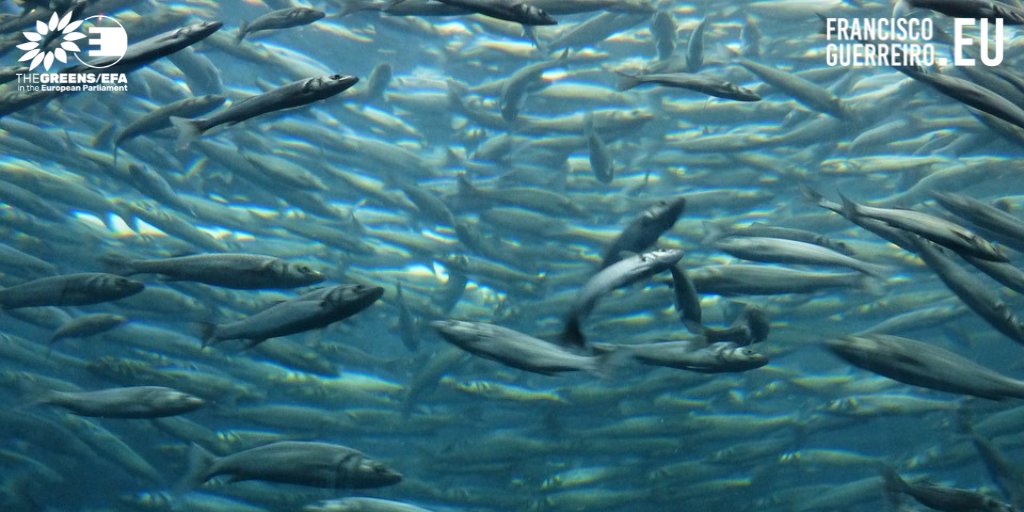
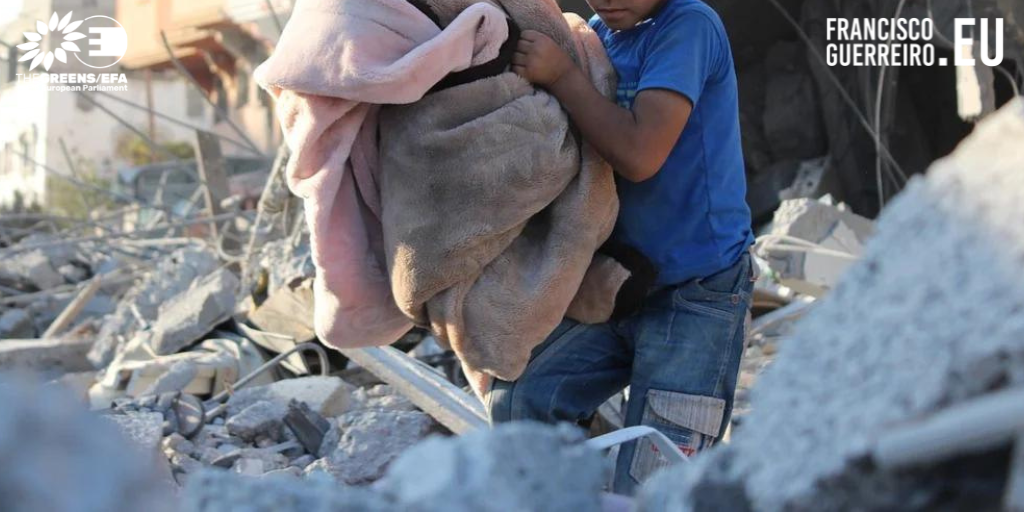
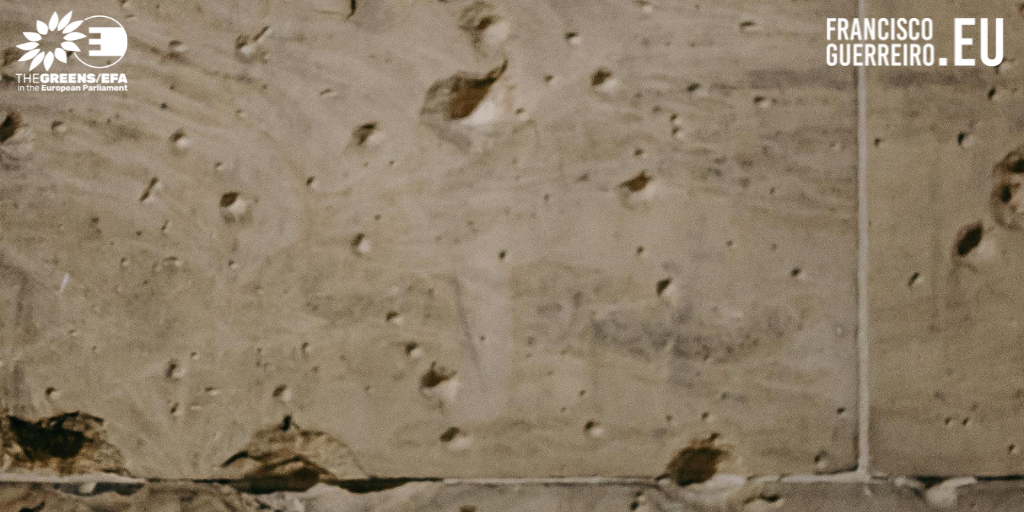
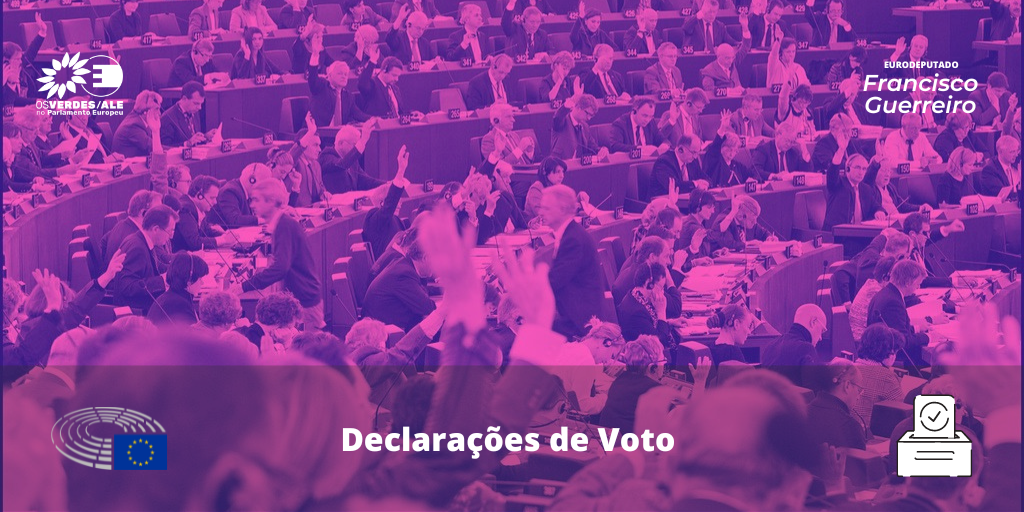
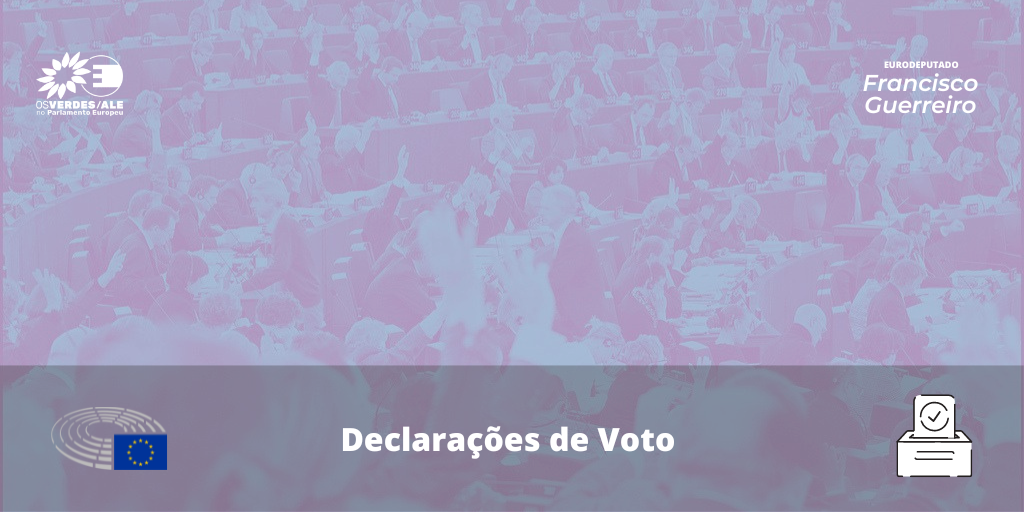
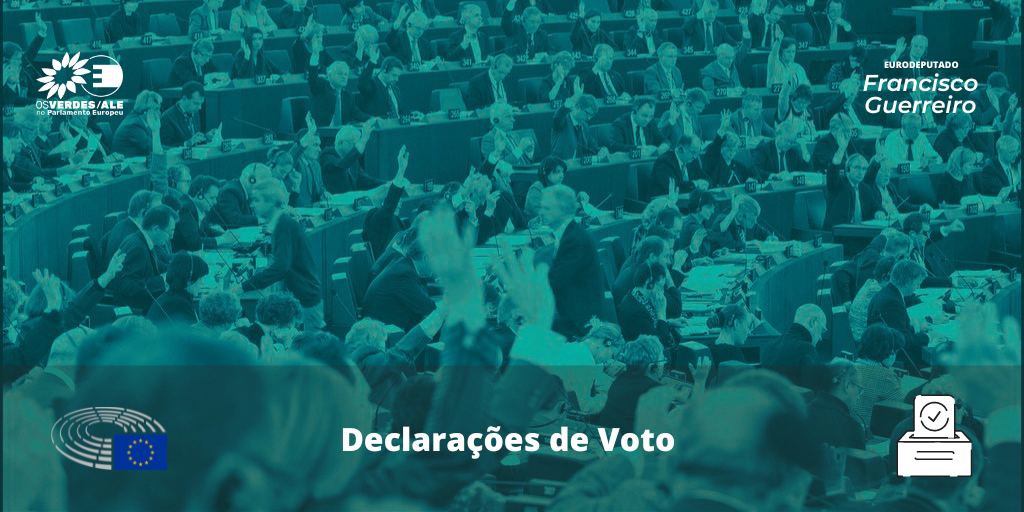
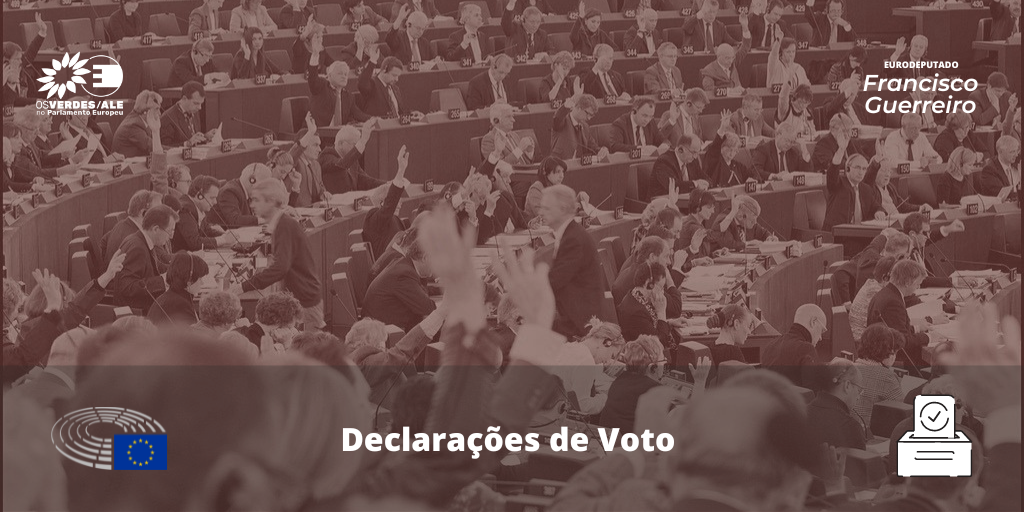
ParlTrack - Francisco Guerreiro considered one of the most productive MEPs
Monday, 01 July 2024
The analytical website ParlTrack has recorded all the parliamentary actions of MEPs during the 2019-2024 term, considering Francisco Guerreiro one of the most productive.READ MORE